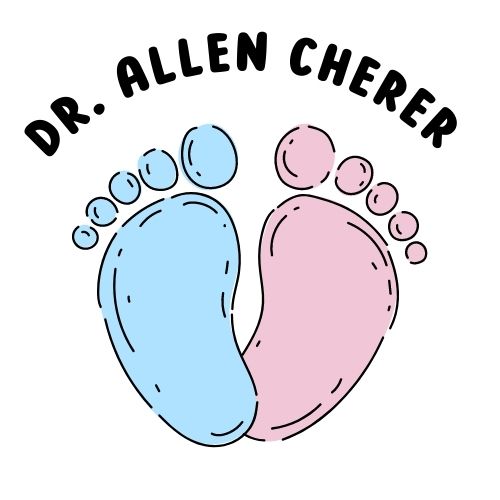The best books on pediatrics must balance the need for simplistic information for parents and the need for more detailed information for pediatricians. Many authors tend to fail at this by writing to a specific audience, such as specifically for parents or specifically for pediatricians. There are few books that are able to master the balancing act of being great for both pediatricians and parents, but the ones that do it, do it extremely well. Here are a few great books about pediatrics that any parent or pediatrician will benefit from.
The Harriet Lane Handbook – Lauren Kahl, Helen K Hughes
This book is the complete CliffsNotes of pediatric medicine, with over 120 concise explanations of common ailments. It also covers topics such as pediatrics pharmacology and the presentation of pulmonary and gynecological symptoms. This handbook has been around for over 20 years, and it has been trusted by generations of clinicians and residents. It features a free electronic version that gives users a deeper look at the pictures and graphs.
Pediatric Physical Examination – Karen Duderstadt
This pocket-sized handbook features over 300 illustrations and diagrams, and it has a variety of features that help clinicians chart the findings of their patients. It also includes a spiral binding that makes it easy to flip to any page. Also, the small size of the book makes it ideal for use in a lab coat pocket.
The Boy Who Was Raised As A Dog – Bruce D. Perry. Maia Szalavitz
The controversial field of child psychiatry is often debated. Psychiatrist Bruce Perry argues that treating children with mental illness is the only way to a healthy life. In this book, he talks about his work with kids who have been traumatized. He explores how these kids have recovered from their experiences. Perry talks about the anatomical details of how stress affects the development and functioning of young brains. He also provides practical advice on how to help kids overcome their early traumas. This is a great book for parents who are interested in learning more about the medical humanities and for pediatricians who are looking to expand their knowledge.
The Spirit Catches You and You Fall Down – Anne Fadiman
This non-fiction work follows the lives of two pediatricians as they care for a child known as Lia, who is a Laotian immigrant from Laos. The doctors must balance their knowledge of medicine with the family’s traditional beliefs. Anne Fadiman’s thoughtful analysis of the clash between ancient and modern practices has made this a popular book for anyone who works with diverse populations.
American Academy of Pediatrics Guide to Your Child’s Symptoms – Steven P. Shelov, Donald Schiff
The American Academy of Pediatricians has praised this book for its easy-to-understand descriptions of common childhood illnesses. It also features a variety of features that help parents keep their kids healthy. It’s become a common book for pediatricians to recommend to parents and can teach parents about the appropriate times to call a doctor, basic first aid, and how to treat illnesses with over-the-counter medicines.
